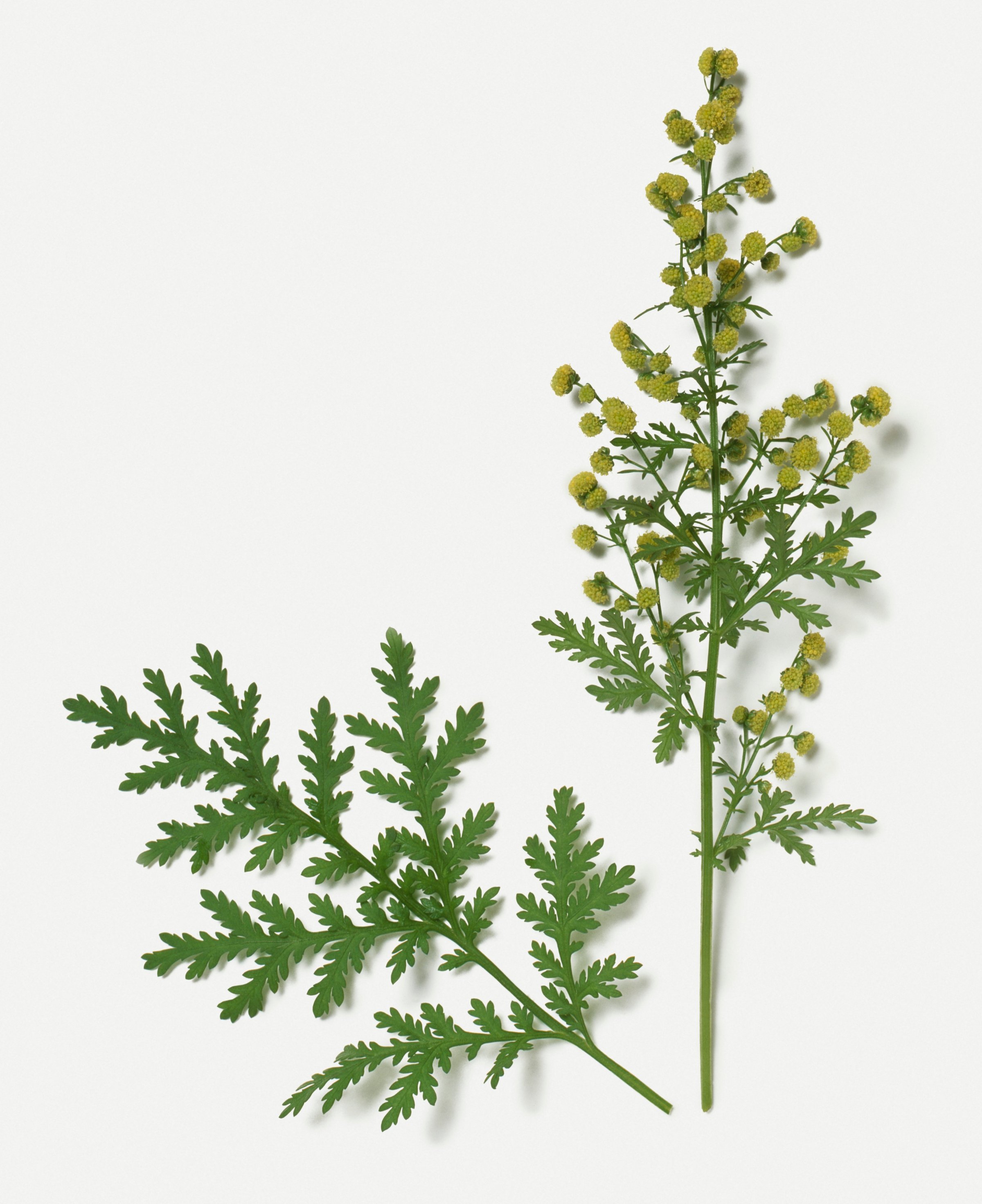
Three scientists won the Nobel Prize in medicine on Monday for their work in discovering ways to fight malaria and roundworm parasite infections.
One of the winners, scientist Youyou Tu of China, was recognized for discovering Artemisinin, a drug that has significantly lowered mortality rates from malaria, based on a centuries-old Chinese remedy.
Malaria used to be treated with chloroquine or quinine. Beginning in the 1950s, the drug chloroquine became increasingly available and death rates from malaria began to drop significantly in Africa. However, widespread use of the drug meant strains of malaria became resistant, according to Principals and Practices of Infectious Disease. “By the late 1960s, efforts to eradicate Malaria had failed and the disease was on the rise,” the Nobel Assembly wrote in a statement. The medical community needed better treatments.
It was then that Tu turned to ancient Chinese herbal medicine as a way to address the challenge. “From a large-scale screen of herbal remedies in Malaria-infected animals, an extract from the plant Artemisia annua emerged as an interesting candidate,” the assembly wrote. Artemisia annua had been used hundreds of years ago to treat fever, the New York Times reports. The results were not consistent at first, so Tu returned to ancient Chinese literature and used the knowledge to eventually figure out how to extract the active component from Artemisia annua. The component was eventually called Artemisinin, and proved to be highly effective against the malaria parasite in animals and in humans.
“Artemisinin represents a new class of antimalarial agents that rapidly kill the Malaria parasites at an early stage of their development, which explains its unprecedented potency in the treatment of severe Malaria,” the Nobel Assembly said.
Currently malaria infects around 200 million people every year, and Artemisinin is used everywhere where malaria is considered a problem. When used in combination with other treatments, Artemisinin has reduced death rates from malaria by over 20%, and over 30% in children.
In Africa, the drug is thought to be responsible from saving over 100,000 lives annually.
Artemisinin-based combination therapies are currently the first line of treatment against malaria, and the medical community will continue to use them in the absence of an effective vaccine.
Tu shares the Nobel Prize with William C. Campbell and Satoshi Omura, who are recognized for the drug Avermectin. “A derivative of that drug, Ivermectin, has nearly eradicated river blindness and radically reduced the incidence of filariasis, which causes the disfiguring swelling of the lymph system in the legs and lower body known as elephantiasis,” the New York Times reports.
“These two discoveries have provided humankind with powerful new means to combat these debilitating diseases that affect hundreds of millions of people annually. The consequences in terms of improved human health and reduced suffering are immeasurable,” the Nobel Assembly said in a statement.
More Must-Reads From TIME
- The 100 Most Influential People of 2024
- Coco Gauff Is Playing for Herself Now
- Scenes From Pro-Palestinian Encampments Across U.S. Universities
- 6 Compliments That Land Every Time
- If You're Dating Right Now , You're Brave: Column
- The AI That Could Heal a Divided Internet
- Fallout Is a Brilliant Model for the Future of Video Game Adaptations
- Want Weekly Recs on What to Watch, Read, and More? Sign Up for Worth Your Time
Contact us at letters@time.com